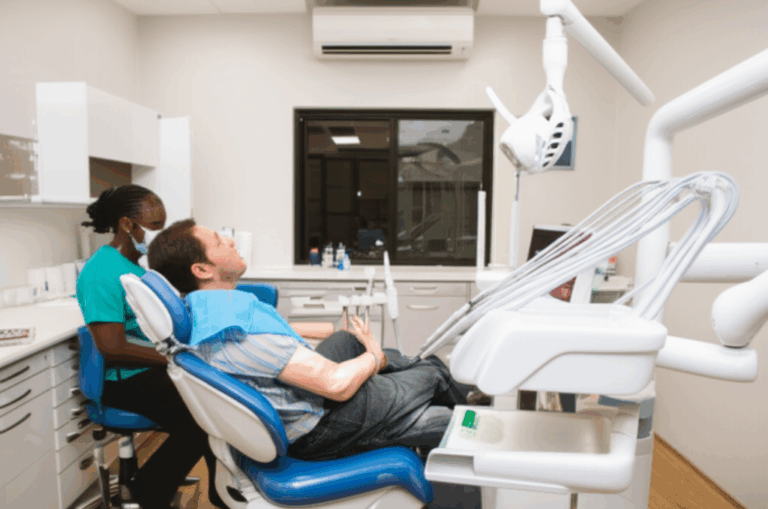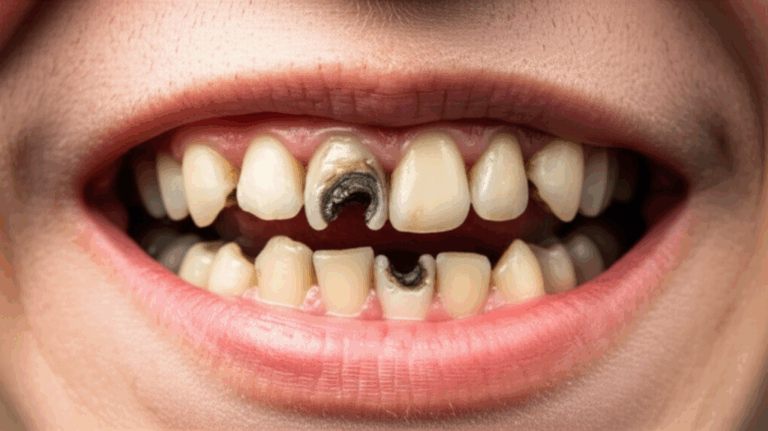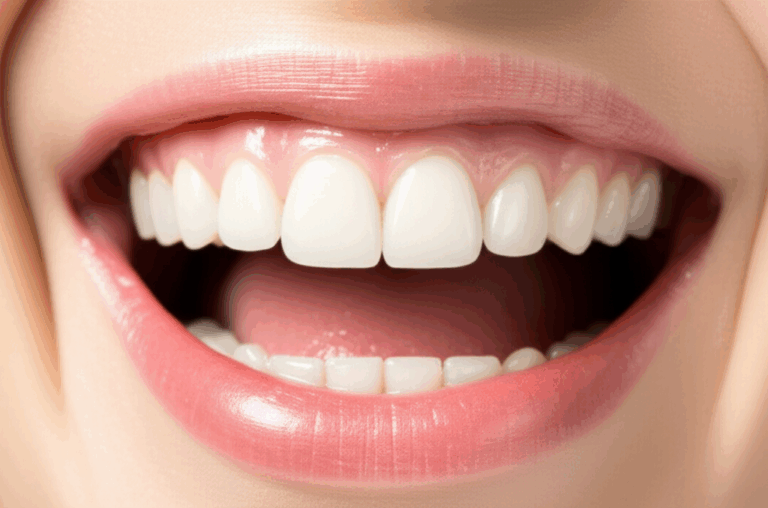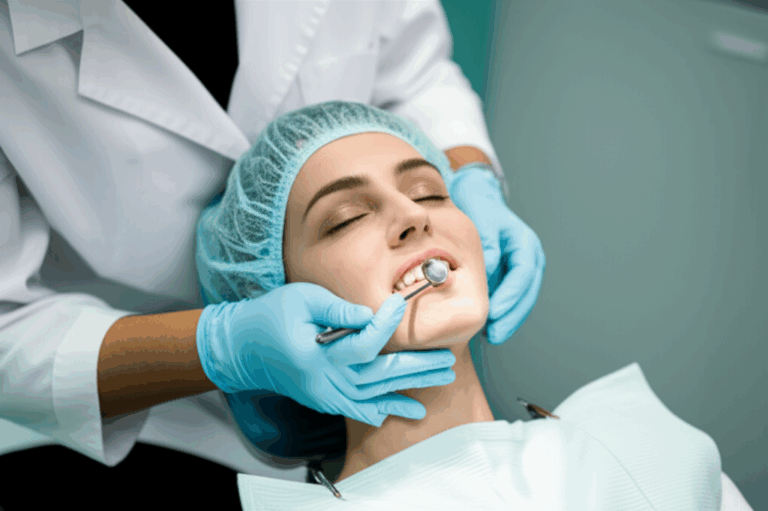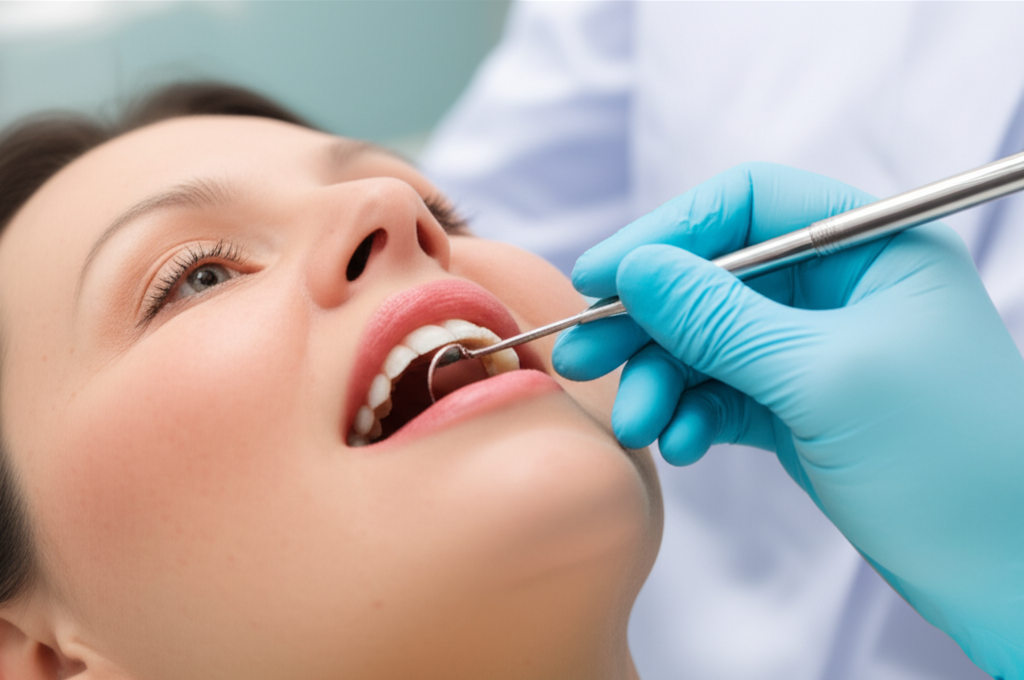
Can a Dental Hygienist Become a Dentist? Your Complete Guide to Changing Careers
That question—“Can a dental hygienist become a dentist?”—might sound simple, but there’s a lot to talk about. If you’re a dental hygienist thinking about what to do next in your job, you’re not alone! Many hygienists wonder if their work cleaning teeth and helping patients can really help them become a dentist. You’ve worked hard, learned a lot about mouths, and seen how a dental office runs from the inside.
Here’s the answer right away: Yes, dental hygienists can become dentists. It’s not an easy road, and you’ll need to go back to school and keep trying hard. Still, your background gives you a real benefit. This guide will show you each step, what’s good and not so good about it, and how to decide if it’s what you really want.
In This Article
- Short Answer: Yes, And Your Skills Give You a Head Start
- Why Change? Reasons Hygienists Choose to Become Dentists
- The Steps: How to Go from Hygienist to Dentist
- Special Benefits for Hygienists Applying to Dental School
- Challenges and Main Things to Think About
- Is It the Right Choice? Looking at the Good and Bad Sides
- Key Takeaway
Short Answer: Yes, And Your Skills Give You a Head Start
If you’re a dental hygienist thinking about becoming a dentist, you already know a lot. You’ve spent time working next to the dentist, helping patients, using tools, and seeing how everything works when the office is busy. This real-life practice, along with how well you talk with patients and know about keeping mouths healthy, puts you in a strong spot.
Here’s why:
- You know your way around the dental chair. You aren’t nervous about picking up tools or talking to patients while you work.
- You’re good with people. You have experience explaining things and helping calm down patients.
- You already know what goes on in the job, which can help you in interviews and make your application stand out.
But here’s the truth: Dental school is hard and takes a lot of time. You’ll need to take more science classes, pass the Dental Admission Test (DAT), and get ready for years of study. So yes, you’ve got some useful skills, but there’s still a lot more to do.
Why Change? Reasons Hygienists Choose to Become Dentists
You’re already very important in the dental team, so why change your job? Here are some reasons why hygienists want to take that next step.
Do More and Have More Control
Dentists don’t just clean teeth. They find problems, make bigger plans for fixing teeth, and do harder procedures. You run the show and can help in more ways.
Earn More Money
Money isn’t all that matters, but it makes a difference. In the U.S., the average pay for dental hygienists is about $87,530 a year. Dentists? Around $163,220—almost double, based on the U.S. Bureau of Labor Statistics.
Lead and Own a Practice
Do you want to be the boss? Dentists can open their own offices and lead their team, making more choices about how things work.
Feel More Proud of Your Work
Dentistry goes deep—literally and not just about teeth! Some hygienists want to go past just cleaning teeth. Dentists fix bigger problems and help patients in more ways, which can feel really good.
Learn New Skills
If you love learning or want to do things like surgeries or braces, dentists can do all kinds of new things.
The Steps: How to Go from Hygienist to Dentist
Ready to get started? Here’s what you need to do step by step.
Step 1: Finish Required Classes
Your dental hygiene training helped, but dental school needs certain classes: biology, general chemistry, organic chemistry, and physics—all with lab time.
- If you only have an associate’s degree, you need to finish a bachelor’s degree. Some go back to school or join special programs for this.
- Your science GPA matters a lot. The better your grades, the better your chances.
- If it’s been a while since you took science, you may want to do extra classes to catch up.
Step 2: Passing the Dental Admission Test (DAT)
Everyone has to take the DAT to even be thought of for dental school.
- Parts of the test: Checking your skills in understanding spaces, science basics, reading, and math.
- Study tips: Make a study plan, use practice tests, and use books that help you review. Studying a bit each day is better than cramming at the last minute.
- Good DAT scores: Look up what your picked schools want. Higher scores mean more schools might accept you.
Step 3: Get Even More Experience
Don’t rely only on your hygiene work. Dental schools want to see you try different things.
- Shadowing Dentists: Watch dentists and dental specialists (like surgeons or braces doctors) to prove you know what the job is all about.
- Volunteer: Working at free clinics or at events for people who don’t have care shows that you care about helping.
- Do a Little Research: If you can, help with a study about dental or public health topics.
Step 4: Apply to Dental School (AADSAS)
Most applications happen online through AADSAS. You’ll need:
- Your Story: Write why you want to switch and how being a hygienist helped get you ready.
- Letters: Ask for letters from teachers, dentists you worked with, or even your clinic manager.
- Transcripts and DAT scores: Gather these early so nothing is left until the last minute.
Step 5: Doing Well in Interviews
If you get called for interviews, you’re close!
- Practice Interviews: Go over common questions and tell your story to a friend.
- Show Off Your Strengths: Talk about your experience helping patients and your hands-on skills.
- What Committees Want: They also look for passion, not giving up when things are tough, and clear reasons for wanting this life.
Step 6: Dental School (DDS or DMD)
Dental school takes four years on average.
- Classes and Practice: Two years of classroom and labs, then two years seeing real patients under close watch.
- Final Exams: When you’re nearly done, you have to pass national and local dental tests.
Step 7: Get Your License and Start Work
Once you’re done with school, you need to:
- Pass the National Board Dental Examination (NBDE) plus a hand-skills test.
- Finish your state’s requirements, which can be a bit different depending where you are.
- After that, you can work in general dentistry, learn a specialty, or even teach.
Special Benefits for Hygienists Applying to Dental School
Still wondering if your years in the clinic count? They really do, and they can help your application.
Experience with Patients: You already know what it’s like to work with people, handle tools, and get the work done on time.
Deep Knowledge: What you know about cleaning teeth and stopping problems will help a lot, especially in your first years of dental school.
Work Ethic and Responsibility: Having worked in a dental office shows you can handle the load and stay calm—even when things are tough.
Clear Idea of the Job: You know what happens every day, so you’re not going in blind. This makes admissions groups more willing to accept you.
Want to read more on dental jobs and different roles? Click teeth information.
Challenges and Main Things to Think About
Let’s be honest—any big change has hard parts. Before you spend years, money, and effort, it’s smart to know what’s coming.
Time: Dental school takes at least 4 years, plus more if you need to take extra classes. This doesn’t count study time for tests.
Cost: Dental school can cost anywhere from $150,000 to over $400,000, depending on the school. Plus, you also need to think about rent, food, and not making much money while you study.
It’s Hard: Even for people with clinic experience, dental school is tough. Get ready for science classes, long hours, and hands-on training.
Getting In Is Hard: Dental schools let in very few people. Only around 4-7% get accepted, so your grades, test scores, experience, and personal story all need to be great.
Life Balance: Many hygienists switching careers have kids, homes, or other jobs to balance. Find a mentor, get support from family, and plan your time.
Being an Older Student: You might be older than many of your classmates. The good part is you bring life experience. The tough part is going back to being a student again.
Check out this teeth health article for tips on staying happy and handling stress in your career.
Is It the Right Choice? Looking at the Good and Bad Sides
So, is this switch worth it? Here’s a look at both sides.
Good Sides
- More Control: As a dentist, you make decisions, run your team, and maybe even own your office.
- Higher Pay: Dentists earn more, which can make the cost of dental school worth it if you plan well.
- Learn More: You’ll get to do a lot more, from fixing teeth to doing surgeries.
- Feel Proud: Many hygienists feel even happier when they can help in bigger ways, build good patient relationships, or teach others.
Not So Good Sides
- Big Cost at First: School is expensive, and many take loans to cover it (the average loan is more than $300,000).
- Give Up Your Pay for a While: You probably can’t work full-time while you’re studying.
- It’s Tough: School takes a lot of effort. The first years at work can be long hours too.
- Possible Burnout: Long days and taking care of patients can be hard on your mind and body.
Personal Decision & If It’s Worth the Money
Ask yourself:
- Am I excited enough about dentistry to finish a long, hard road?
- Do I know what it costs—and have a plan to pay it back?
- Am I looking mostly for more money, to help people more, or to use new skills?
The people who do well in this switch care about dentistry, plan ahead, lean on friends and family, and know what they want.
Key Takeaway
Before you move on, here’s what you should remember:
- Yes, dental hygienists can become dentists—and your experience really helps.
- The road is hard and costs a lot, but you get more say in your job, maybe more money, and a bigger skill set.
- Your hygiene background is a big help, especially with patients and learning basic clinic work.
- You need to plan: Study the classes you need, figure out your money, and talk to others who made this switch.
- Your drive and your goals matter most. If you want it and you’re ready, you can do it.
What to do next:
- Think about why you want to change.
- Look up what classes you need and make a plan for when to apply.
- Shadow different kinds of dentists to learn more.
- Talk to school advisors or people who made this switch to get their advice.
- Learn more about work-life balance and how to handle dental school stress.
If you really want it, the path from hygienist to dentist is open. It’s not always easy, but it can feel great. Want to learn about new technology or lab work in dentistry? Read about the latest in dental ceramics lab or see what’s new with digital dental lab tools.
Whatever you choose…ask questions, find support, and start your next step with confidence. Your patients—and future you—will be glad you did.
Frequently Asked Questions
How long does it take for a dental hygienist to become a dentist?
It’s at least 4 years of dental school, plus any time for classes or tests you need before. Most people take 5–7 years total.
Will my dental hygiene degree count towards dental school?
Your experience is great, but you still need the right classes (often a bachelor’s degree) and to pass the DAT.
Is dental school harder for hygienists?
It’s a challenge for everyone—no matter your background. You might find it easier to help patients, though, thanks to your experience.
Can I work as a hygienist while in dental school?
Most schools don’t let students work full-time since school is so busy. Some schools allow part-time or occasional work—ask each school for their rules.
Is there a bridge program for dental hygienists?
A few schools have “bridge” programs, but these are rare and hard to get into. Always check what each school offers.
References:
- U.S. Bureau of Labor Statistics
- American Dental Education Association (ADEA)
- American Dental Association (ADA)
- Individual dental school admissions pages

